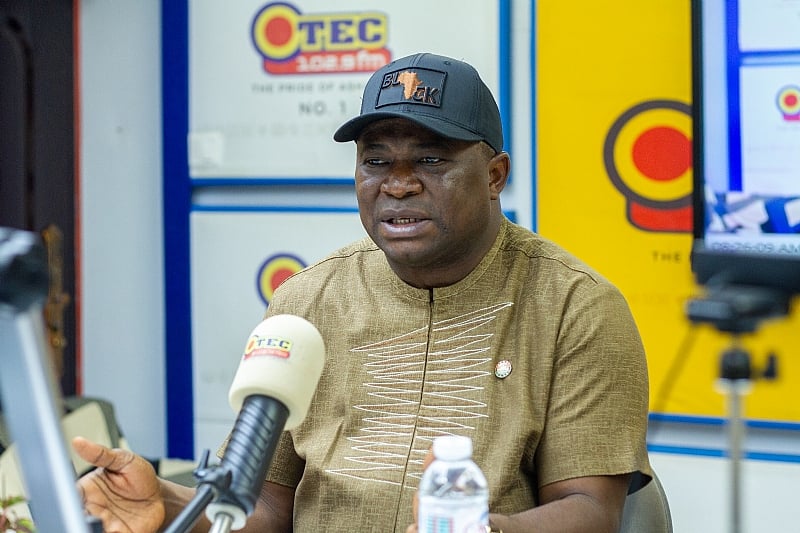The political landscape in Ghana is heating up as the 2024 general elections draw closer, with both major parties, the New Patriotic Party (NPP) and the National Democratic Congress (NDC), having selected their flagbearers. Honourable Alexander Akwasi Acquah, the Member of Parliament for Akyem Odaa and a member of the NPP, has ignited controversy with his claims regarding the NDC’s selection process. According to Acquah, the NDC’s decision to nominate John Mahama, a former president, was primarily driven by his financial resources rather than his suitability for the role. He alleges that several NDC Members of Parliament privately confided in him, expressing their preference for other candidates but acknowledging Mahama’s financial dominance as the deciding factor. This claim, made during a radio interview, has sparked debate about the influence of money in Ghanaian politics and the internal dynamics within the NDC.
Acquah’s assertion paints a picture of a divided NDC, where the will of the party’s parliamentarians was allegedly superseded by Mahama’s financial clout. He suggests that while other candidates may have been viewed as more capable or possessing stronger leadership qualities, Mahama’s ability to fund campaigns and party activities ultimately swayed the decision in his favor. This portrayal of the NDC’s internal decision-making process raises concerns about the potential prioritization of financial resources over merit and the implications for democratic processes within the party. It also highlights the broader issue of money’s influence in politics, a concern that transcends party lines and resonates across many democracies globally.
The timing of Acquah’s remarks is significant, coming shortly after the NPP concluded its own primaries, which saw Vice President Dr. Mahamadu Bawumia emerge as the party’s flagbearer. Acquah contrasted the NPP’s selection process with that of the NDC, highlighting what he perceived as a key difference. He stated that the NPP’s decision to endorse Bawumia was based on a collective belief in his leadership capabilities and suitability for the presidency, implying a more meritocratic process within his own party. This juxtaposition serves to further emphasize his criticism of the NDC’s decision-making, suggesting that while the NPP prioritized merit, the NDC allegedly prioritized financial resources.
Acquah’s comments have undoubtedly stirred the political pot, prompting questions about the transparency and integrity of the NDC’s internal processes. While his claims are based on alleged private conversations with unnamed NDC MPs, they nonetheless raise significant concerns about the potential influence of money in political decision-making. This issue is not unique to Ghana, but it underscores the ongoing debate about campaign finance reform and the need for greater transparency in political funding. The allegations also highlight the challenges faced by political parties in balancing the need for financial resources with the importance of selecting candidates based on merit and popular support.
It remains to be seen whether Acquah’s claims will be substantiated or refuted by members of the NDC. However, his statements have already sparked a public discussion about the role of money in politics and the internal dynamics within political parties. This conversation is crucial for the health of Ghana’s democracy, as it encourages scrutiny of the processes by which political leaders are chosen and raises awareness of the potential influence of financial resources on political outcomes. It also highlights the need for greater transparency and accountability within political parties, ensuring that decisions are made based on merit and the best interests of the people.
The 2024 elections promise to be highly contested, with both the NPP and the NDC vying for control of the presidency. As the campaigns unfold, the issue of money in politics is likely to remain a central theme, particularly in light of Acquah’s allegations. The public will be keenly observing how both parties address this issue and demonstrate their commitment to transparent and democratic processes. Ultimately, the outcome of the elections will depend on a variety of factors, including the candidates’ platforms, the state of the economy, and the public’s perception of each party’s ability to govern effectively. However, the ongoing debate about the influence of money in politics will undoubtedly play a significant role in shaping the narrative of the election and influencing the choices made by voters.














